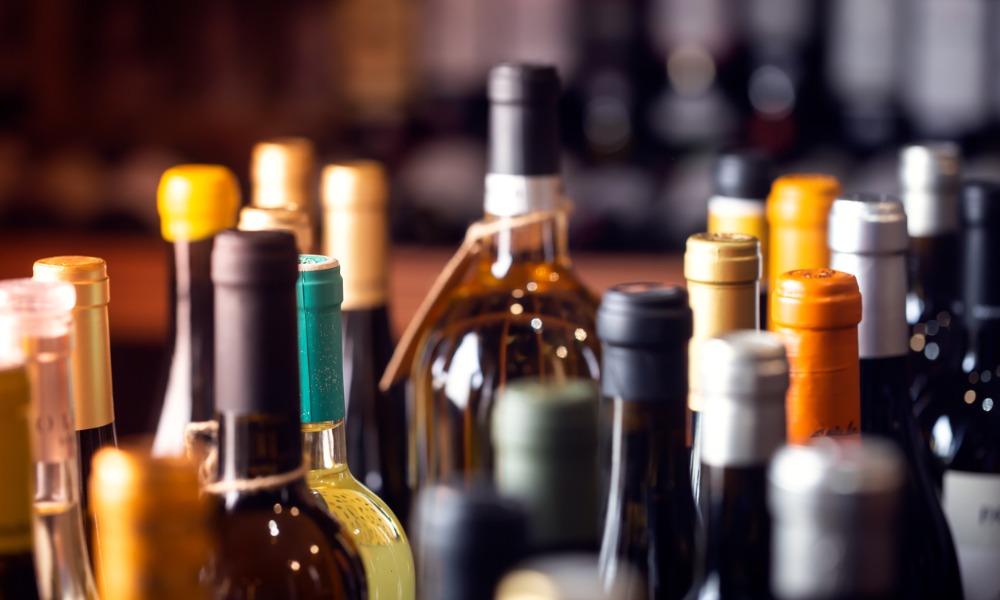
Less than one-third want government to intervene

Ontarians are split when it comes to their opinion of the striking Liquor Control Board of Ontario (LCBO) workers.
Nearly half (49%) support the Ontario Public Service Employees Union’s (OPSEU/SEFPO) goals, including wage increases and more permanent positions, reports Leger.
And while 25% disagree with the union’s demands, 26% don’t know what to think about their goals.
Overall, 89% of Ontarians have heard of the ongoing strike at the LCBO – but just 15% feel like the strike personally affects them, finds the survey of over 600 respondents, conducted July 12 to 14, 2024.
Meanwhile, the LCBO strike is affecting the operations of 35% of businesses, reports the Tourism Industry Association of Ontario (TIAO), with the business operations seeing the greatest impact being:
Less than one-third (29%) of Ontarians think that the government of Ontario should intervene in this strike as soon as possible, according to the Leger survey.
On Wednesday, OPSEU/SEFPO returned to the bargaining table.
"We are showing up today in good faith that a fair deal can finally be reached," said Colleen MacLeod, chair of the bargaining team at OPSEU/SEFPO. "What we're putting forward are ideas that are good for workers and good for Ontario."
More than 9,000 LCBO workers started their strike action as of 12:01 am on July 5.
On Monday, Ford announced the accelerated expansion of alcohol sales at grocery stores. Licensed grocery stores will be able to order ready-to-drink beverages and large beer pack sizes starting today July 18, 2024, and begin selling them immediately upon arrival.
Among Ontarians who usually buy alcohol, one-third (32%) have sought alternative locations to purchase alcohol due to the strike, and 15% are concerned about having to spend more money on alcohol during the strike, according to the Leger report. This proportion is higher among respondents aged 18 to 34 (24%).